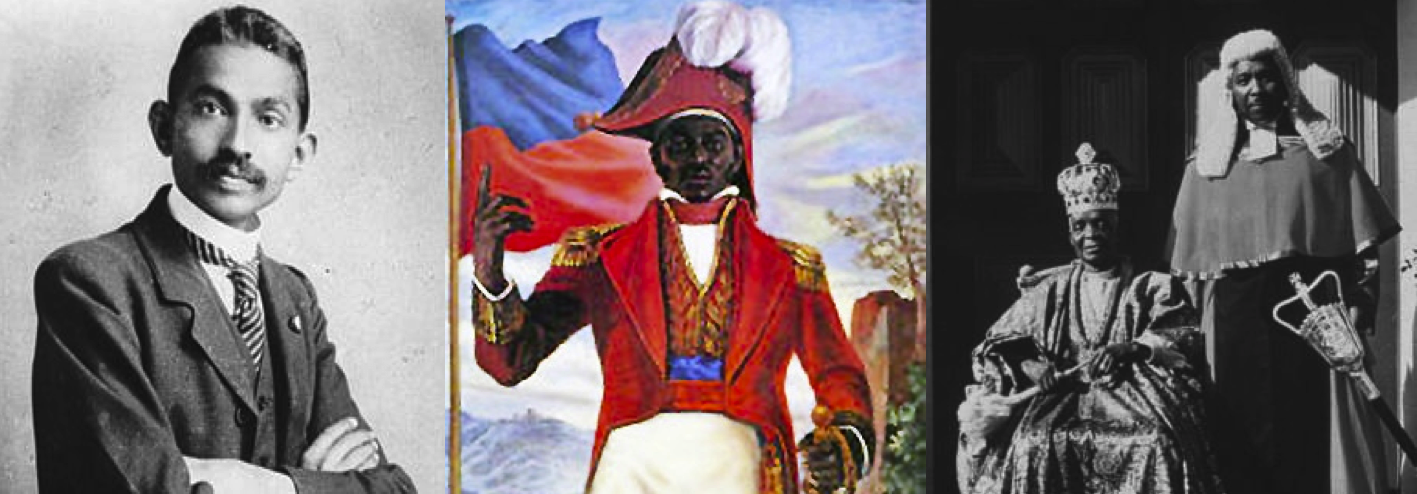Colonial Exchanges: Political Theory and the Agency of the Colonized
October 17-18, 2014
Knight Library, University of Oregon
Organizers: Deborah Baumgold & Burke Hendrix (Department of Political Science)
In October 2014, we will hold a small conference on the University of Oregon campus on the relationship between the history of colonialism and the history of ideas. Although colonialism is sometimes depicted as a one-way process in which those in the colonies merely absorbed colonizing ideas, actual processes were more complex and at times reciprocal. Intellectuals and political practitioners within the colonies often took European ideas in new directions, repurposing them as weapons of resistance or (in some cases) further repression. In turn, the ideas and actions of colonized intellectuals could alter the views of European colonizers.
Issues to be examined include: ways in which indigenous resistance to colonialism impacted European thinking; ways in which the experience of European domination altered the political consciousness of the colonized; and ways in which the ideas of colonized intellectuals altered the views of their European counterparts. Especially interesting are moments in which intellectual alterations made distinct differences in practice, such as creating new patterns of resistance or social reform among the colonized, or by impacting policies pursued by colonizers.
In order to tap the variety in the character of colonial exchanges, the conference will involve scholars with expertise in divergent colonial societies across a range of times and geographic spaces. Patterns of intellectual exchange can be found in a vast array of colonial experiences, but disciplinary divides and regional specialization often prevent these diverse experiences from being brought into conversation with one another. The conference is intended to bridge the gap by fostering conversations between historians of ideas and scholars of colonialism in different regions. There are rich fields of debate here that do not always come into conversation. Those who have studied the history of European political and social thought, in particular, have much to learn from discussions with those who have studied colonized societies carefully. Both sets of scholars will be included in the conference.
Conference presenters will revise their papers for inclusion in an edited volume, which is intended for a wide audience in the history of political ideas and the history of colonialism. In the field of European political thought, there is still a great deal to be understood about the full effects of colonialism, and we expect the results of our conference to be of wide interest and to play a role in the continued reformation of the field as a whole.
Generously sponsored by the College of Arts and Sciences, the Department of Political Science, the Department of History, the Department of Philosophy, the Department of Romance Languages, the Department of Anthropology, International Studies, African Studies, Asian Studies, Latin American Studies, European Studies, Center for Latina/o and Latin American Studies, and the School of Law.
